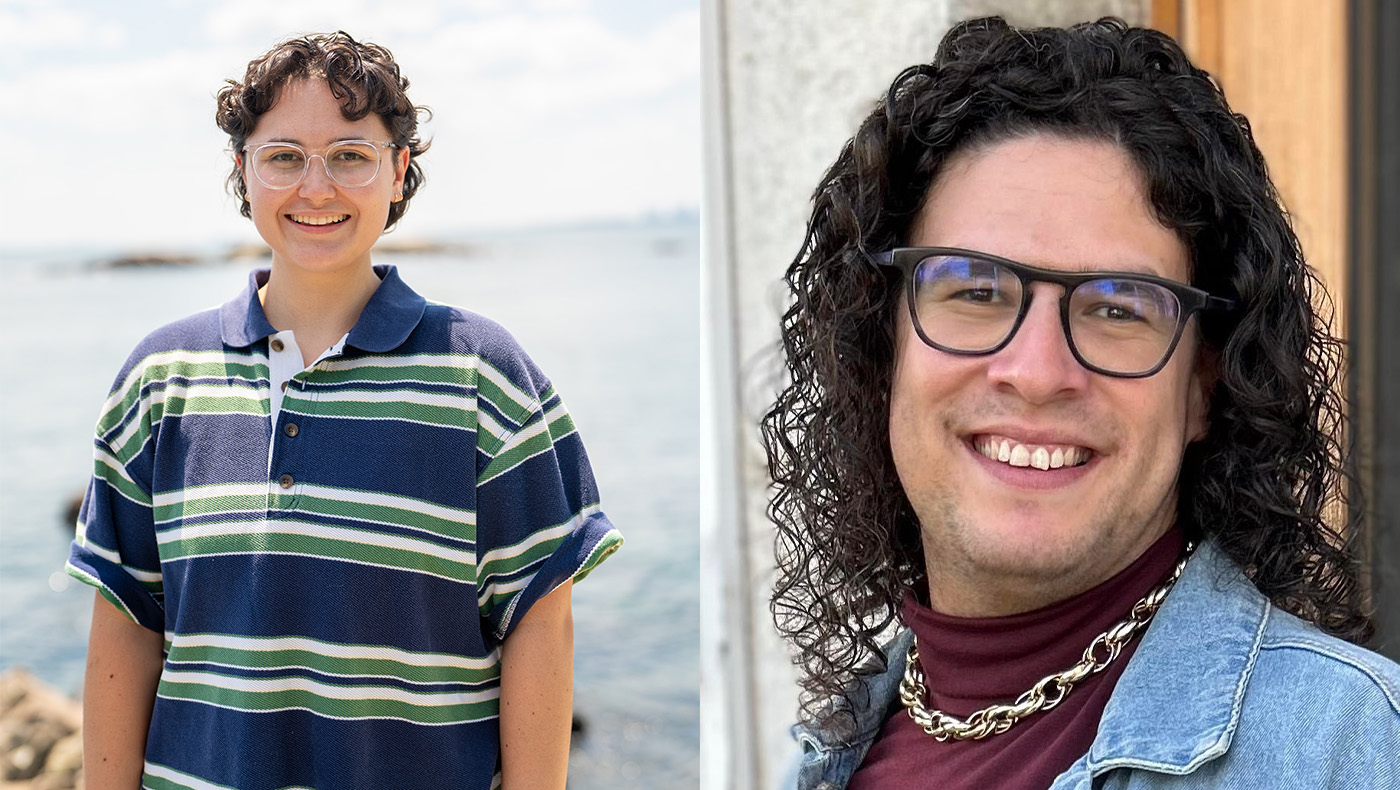
Johan Sebastian Bonilla Castro is an assistant professor of physics at Northeastern University and an experimental particle physicist who studies the fundamental constituents of nature at high energies. The goal of the Bonilla Castro group is to discover deeper understanding of the fundamental building blocks of our universe by exploring particle physics at the highest energies achievable. The lab targets the discovery of new particles and the development of novel detector technologies, while actively engaging with the internationally collaborative environment of modern experimental high energy physics. Professor Bonilla Castro is also keen on future particle colliders, particularly a multi-TeV muon collider.
Professor Bonilla Castro’s group leads operations and upgrade efforts of the CSC muon detector system, in particular with the electronics interface between the detectors and the data acquisition system. The group searches for beyond the standard model partners to third-generation quarks, such as Vector-Like Quarks. Detecting a signal like this would imply that the Higgs boson is not a fundamental particle, but rather composite. A significant focus of the group’s research is jet identification tools, assisted through neural network classifiers.
Professor Bonilla Castro earned a BS in Physics, concentration in theoretical physics, and a BS in Mathematics from Stanford University in 2014. They attended the University of Oregon from 2014 until they were awarded a PhD in December 2019. Professor Bonilla Castro began High Energy Physics research as part of the ATLAS Experiment, but since 2020 has been a member of the CMS Experiment. Between 2020-2023, Professor Bonilla Castro was a postdoctoral scholar at the University of California Davis stationed at CERN. Professor Bonilla Castro is deeply committed to improving the accessibility of science and science research, especially to those from underrepresented demographics.

